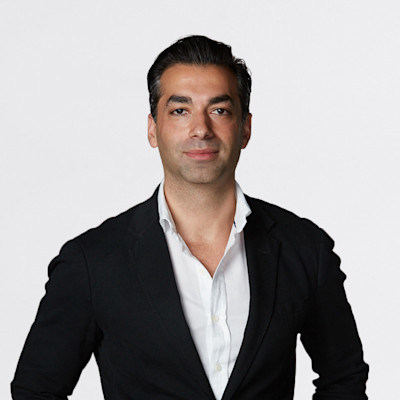Essential Takeaways
• Women should consider taking a prenatal multivitamin when they’re thinking, trying, and when it’s time.*
• But postpartum may require a different kind of postnatal supplement, since it’s even more nutritionally demanding than pregnancy itself.
Chances are you’re well aware that a prenatal multivitamin is essential to help support the nutrient changes that come with pregnancy. But what people might not realize is that the postpartum period is actually even more nutritionally demanding than pregnancy itself, especially for those who plan on breastfeeding. And that means that a different kind of multivitamin—a postnatal multivitamin, to be specific—can be an important addition to a new parent’s daily routine.*
But let’s get a little more specific about the difference between a prenatal multivitamin and a postnatal multivitamin—and when to consider switching over.
When to Start Taking a Prenatal Multivitamin
People should consider taking a prenatal multivitamin when they’re thinking, trying, or when it’s time to conceive. People’s nutrient needs change as soon as they become pregnant, which is why we like to stick to the “3 month rule”—that is, aiming to start taking a prenatal multivitamin 3 months ahead of time. Of course, that timing isn’t always easy to pin down. But if you’re thinking or trying, it might be time to consider making the switch.*














